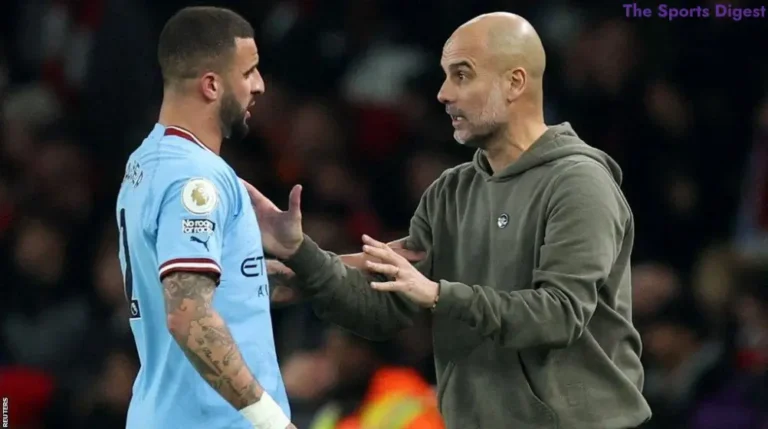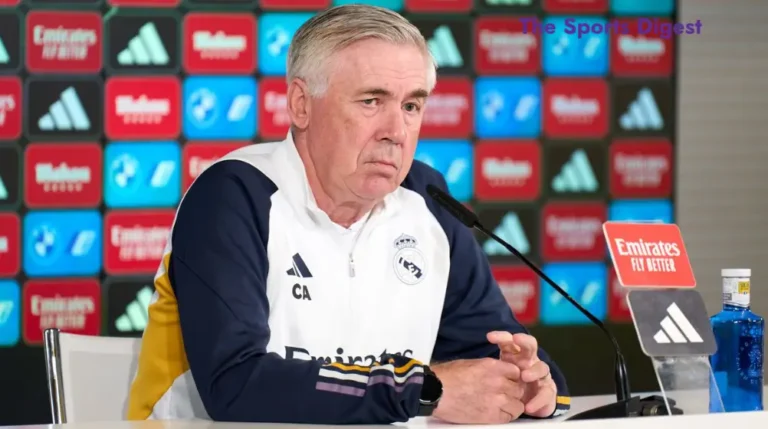Dani Alves Acquitted in Catalonia Assault Case
The Tribunal Superior de Justicia de Cataluña (TSJC) has unanimously acquitted former Barcelona footballer Dani Alves of sexual assault, dramatically overturning the previous conviction by the Audiencia de Barcelona. The decision marks a significant legal turning point in a case that has garnered extensive media attention since the alleged incident at the Sutton nightclub in December 2022.
Table of Contents
Key Legal Developments
The higher court’s verdict is based on what it describes as a “lack of reliability in the complainant’s testimony” and “insufficient evidence” to uphold the original conviction. In a comprehensive ruling, the TSJC unanimously granted the appeal filed by Dani Alves’ legal team, while simultaneously rejecting appeals from both the prosecution and the private prosecution. This decision effectively overturns the initial ruling, citing a failure to meet the burden of proof required for conviction.
Judicial Outcome
- Complete acquittal of Dani Alves
- Revocation of the previous four-and-a-half-year prison sentence
- Lifting of all previous precautionary measures
Legal Representation’s Response
Inés Guardiola, Dani Alves’ lawyer, expressed immediate satisfaction with the verdict, declaring: “Finally, justice has been done. He is innocent. It has just been demonstrated. Finally, justice has been done.” She emphasized that the ruling vindicates her client, reaffirming his claims of innocence throughout the legal battle. However, she also cautioned that the sentence is not yet final, leaving open the possibility of further legal proceedings, including potential appeals from the prosecution or other involved parties.
Background of the Original Case
The initial conviction by the Audiencia de Barcelona was based primarily on the complainant’s declaration, which stated that Dani Alves engaged in non-consensual sexual relations with her in a private area of the Sutton nightclub on December 30, 2022. The court initially found her testimony credible and sufficient to convict the former footballer. As a result, Dani Alves was placed in provisional detention, spending more than a year behind bars while awaiting the outcome of his appeal. His legal team continuously fought to challenge the conviction, arguing inconsistencies in the case. Eventually, he was granted release on a one-million-euro bail, allowing him to leave prison while the appeals process continued.
Critical Judicial Discrepancies
The case highlighted significant interpretative differences between the two courts in assessing the evidence and testimonies. The Audiencia de Barcelona initially acknowledged a “desajuste” (discrepancy) in the victim’s account, particularly regarding her movements and the circumstances surrounding the incident in the nightclub’s bathroom. Despite these inconsistencies, the court still upheld her version of events, deeming her testimony credible enough to support a conviction.
However, security camera footage raised questions about the sequence of events, as it appeared to suggest a “prior agreement” between Dani Alves and the complainant before they entered the private area. While the initial court did not consider this footage sufficient to disprove the core claim of non-consensual interaction, the Catalonian High Court took a different view, ultimately leading to Alves’ acquittal.
Contrasting Legal Interpretations
The fundamental difference between the two judicial bodies lies in their interpretation and assessment of the available evidence. The Audiencia de Barcelona determined that the complainant’s testimony, despite noted inconsistencies, was credible and provided sufficient grounds for conviction. The court viewed her account as compelling enough to establish non-consensual interaction, leading to Alves’ initial sentencing.
However, the Catalonian High Court (TSJC) took a different stance, concluding that the evidence presented did not meet the necessary threshold to override Alves’ presumption of innocence. The TSJC emphasized that legal standards require clear and convincing proof beyond reasonable doubt, which they found lacking in this case, ultimately leading to the former footballer’s acquittal.
Implications and Ongoing Considerations
The acquittal represents a complex legal outcome that underscores the challenges in adjudicating sexual assault cases. The decision highlights the critical judicial principle of presumption of innocence and the high standard of proof required in criminal proceedings.
Reporting based on judicial sources and legal documentation
Have you ever read an article like this?
There are no reviews yet. Be the first one to write one.






